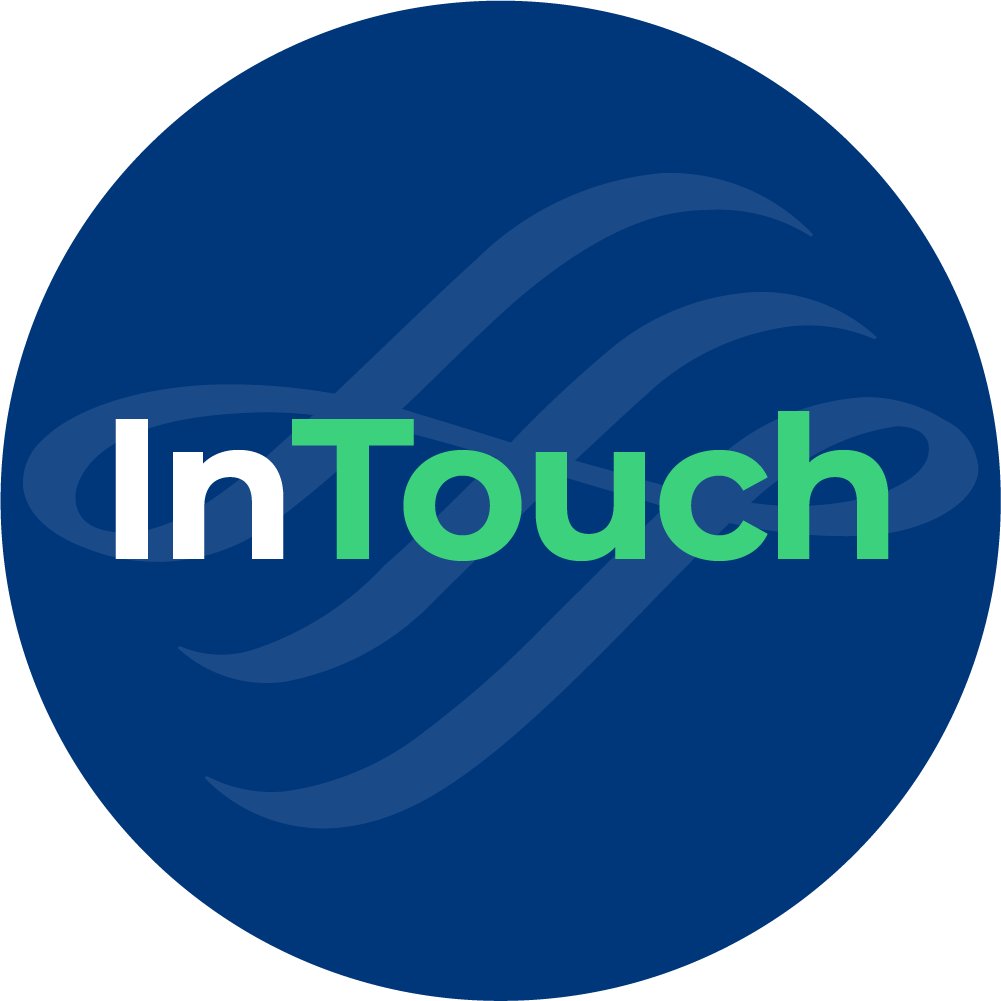
SkyTeam launches e-Accessibility project to improve the flying experiences of wheelchair users
With this year’s Paralympic Games in Paris on the horizon, SkyTeam is working to raise the bar for wheelchair passengers by improving their customer journeys.SkyTeam launches e-Accessibility project
SkyTeam’s Customer Journey team is establishing an e-Accessibility Working Group to improve the flying experiences of wheelchair users.
Passenger data shows that wheelchair users make up almost 2% of total customers across our member airlines. This equates to over 300,000 customers per year, or 800 customers a day.
Despite this, the possibility for wheelchair user to submit their requests for wheelchair assistance – known as Special Service Requests (SSRs) – via digital channels is limited, with only 6 of our 20 members offering this capability.
This means wheelchair passengers must call airline service centers and wait on hold until their requests are considered – a process that often needs to be repeated several times if flying on mixed-metal itineraries, or to confirm or deny the customer’s request.
According to research by ableMove in collaboration with Flying Disabled, only 25% of wheelchair passengers rate their overall flying experience as ‘good, very good or extremely, good’, while 43% say they no longer feel able to fly as a result of their customer experience.
One customer said that flying as a wheelchair user was “completely humiliating and current procedures are a deterrent to flying at all!”
In response to suggestions from our members, SkyTeam has launched the e-Accessibility project – a flagship initiative under our new 4-year Sustainability Strategy, and a key component of our social responsibility flight plan.
And after receiving the resounding support of member airlines at SkyTeam’s recent Sustainability Advisory Group (SustAG) meeting in Amsterdam, our Customer Journey team will be establishing an e-Accessibility Working Group to implement 6 key components to achieve the desired customer experience outcomes.
If successful, the e-Accessibility project’s scope will be expanded to include all customers with disabilities and medical conditions who need to submit digital SSRs, including people with hearing and visual impairments, and those travelling with service animals.

